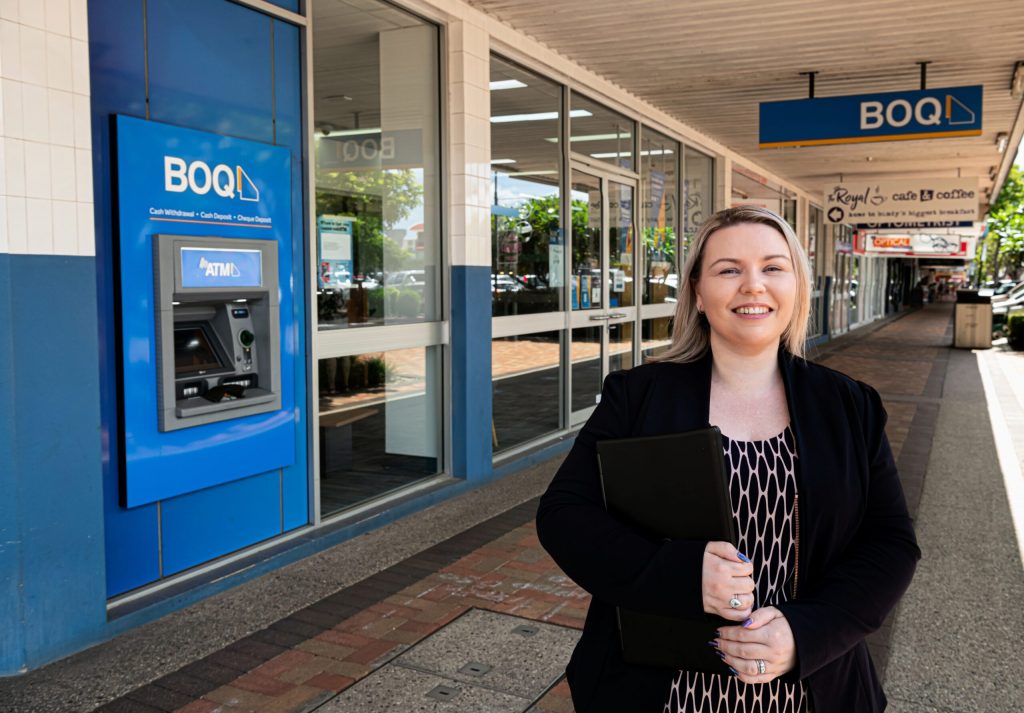
The busiest time of the year for online shopping is in full swing but with it comes the threat of scams.
BOQ Bundaberg Owner Manager Trudy Azzopardi has advised of what locals should be on the lookout to make sure they are shopping securely.
“The festive season is a joyous period when many of us are relaxing and enjoying a well-earned break however, it tends to be when scammers are working overtime with online retailers running some of their biggest sales of the year and many Aussies on the hunt for a bargain,” she said.
“It’s incredibly important for us to not be letting our guard down during this time, considering online shopping scams continue to be one of the most common threats to Australians.
“Online shopping scams can take many shapes and forms and carry significant risks; exposing individuals and businesses through fake product listings and payment requests, and non-secure payment avenues.
“If you receive any suspicious emails or messages, do not click any links or provide your card details. Be wary of online shopping deals and discounts and remember – if it looks too good to be true, then it probably is.”

According to ACCC data, Aussies have lost over $7.5 million to online shopping scams during 2022.
In terms of what to look out for when it comes to online shopping scams, Trudy recommends being vigilant to:
- Requests for payments via bank transfer or virtual currencies.
- Links in emails asking for bank details or other information.
- Emails and messages about items yet to be delivered or where a fee is required to release a ‘failed’ delivery.
- Inadequate information about privacy, conditions of use, dispute resolution or contact details.
To avoid online shopping scams, Trudy advises:
- Using secure devices and avoid public wi-fi networks.
- Protect your payment information and accounts, avoid saving your payment details to online shopping accounts.
- Use trusted sellers.
- Know the warning signs.
The BOQ website provides additional information on how to protect yourself as well as the latest alerts on scams currently impacting customers.







